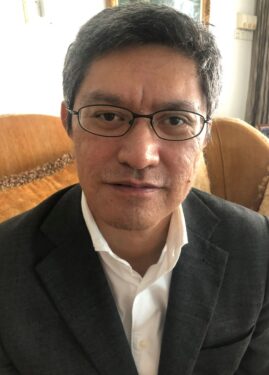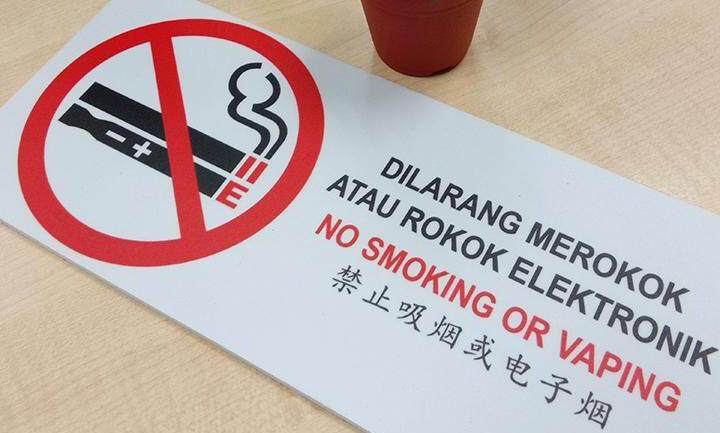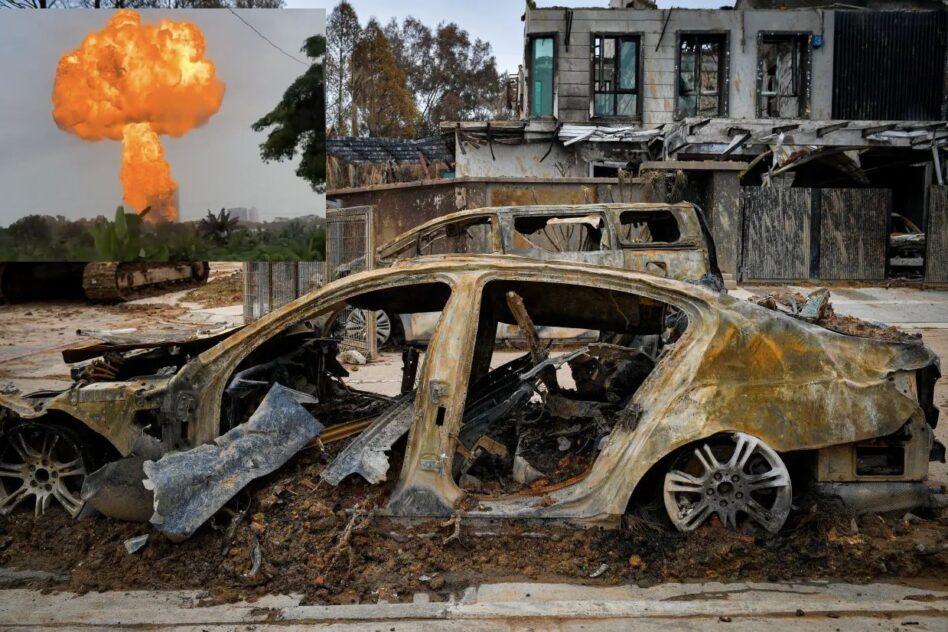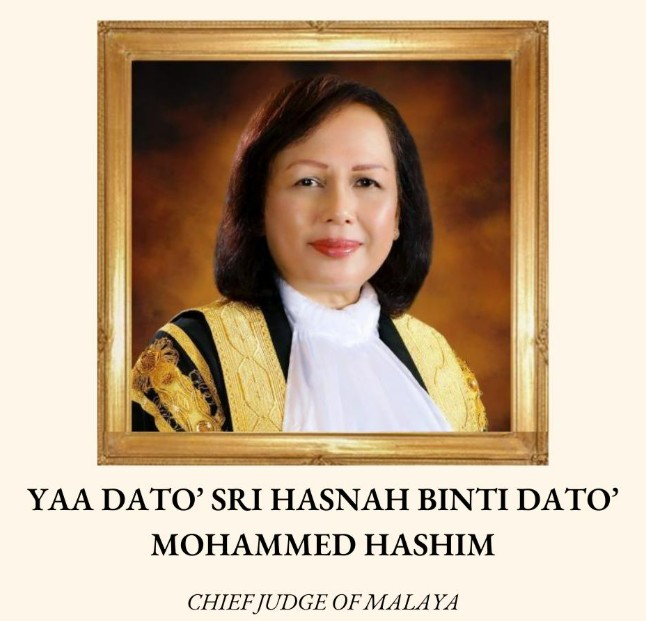AS Health Minister Khairy Jamaluddin revealed yesterday (March 3) something of a temporary relief to the Malaysian tobacco and vaping industry, five-term Bintulu MP Tiong King Sing slammed the former in the Parliament for proposing to outlaw cigarettes, tobacco, and vape products to anyone born after 2005.
Instead, the Progressive Democratic Party (PDP) president and government backbencher from Gabungan Parti Sarawak (GPS) is of the view that the Education Ministry could educate school children about the dangers of smoking.
“People say Keluarga Malaysia (Malaysian Family),” the lawmaker said, referring to Prime Minister Datuk Seri Ismail Sabri Yaakob’s tagline. “This is not Keluarga Malaysia but Ugutan Malaysia (Malaysian Threat).”
At a media conference earlier, Khairy updated that his proposed Tobacco and Smoking Control Bill to ban smoking and possession of smoking products and electronic cigarettes (vaping) needed further stakeholder engagement, including with non-governmental organisations (NGOs) as well as the tobacco and vape industries.
As there are several engagement stages to be carried out, there is a likelihood that the bill may not be tabled in the current Parliament session.
“When all these processes have been completed, the act will be tabled whether during this session or a future session,” Khairy told reporters after opening the World Listening Day 2022.
According to a recent dipstick survey by the Retail and Trade Brand Advocacy Malaysia Chapter (RTBA Malaysia), 85% of those surveyed said Khairy’s proposed generational end-game smoking ban would not work but instead create a mushrooming black market for cigarettes and vape.
Respondents to the survey also said that the ban would be difficult to enforce and ultimately impact Malaysia’s legal and local businesses. Open to the public for close to a week, close to 1,200 Malaysians shared their views on the ban on cigarettes and vape which is proposed to be implemented starting next year.
“Banning is not a solution. For example, vape products containing nicotine are currently prohibited from being sold in the market,” RTBA Malaysia managing director Datuk Fazli Nordin pointed out.

“Yet, there is consumer demand for vape products containing nicotine. Worst still is the tobacco black market where Malaysia has the highest level of illegal cigarettes in the world, driven by the huge price gap between legal and illegal products.”
In a nutshell, Malaysia’s generational end-game smoking ban move bears similarity to New Zealand’s plan to phase out smoking starting 2027 when the policy is expected to take place.
“Although New Zealand’s move inspired the Malaysian Government, a stark difference is that New Zealand is not imposing a ban on vape products,” highlighted Fazli. “Instead, the country promotes vape as a less harmful alternative and encourages New Zealanders to make the switch from traditional cigarettes.”
Meanwhile, the Malaysian Association of Adolescent Health president Professor Dr Mohamad Haniki Nik Mohamed opined that the Tobacco and Smoking Control Act needed to be passed soon to provide the legal framework to enforce the World Health Organization Framework Convention on Tobacco Control (WHO FCTC) which Malaysia is a party to.
“(The legislation) has been with the Attorney-General’s Chambers for more than six years,” he told the New Straits Times.
“The Government is duty-bound to protect us, the majority of whom are non-smokers or vapers, from tobacco advertising, promotion and sponsorships (TAPS) as well the so-called ‘CSR’ (corporate social responsibility) activities by the tobacco industry.
“The industry is known for using TAPS to target young people in becoming lifelong nicotine addicts.” – March 4, 2022









